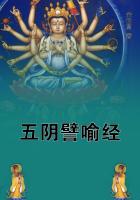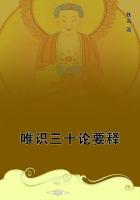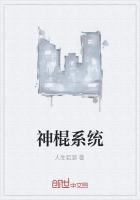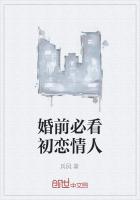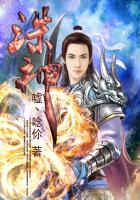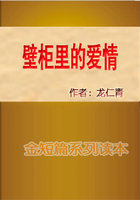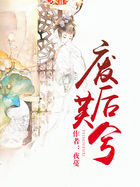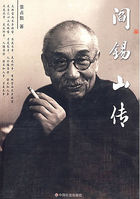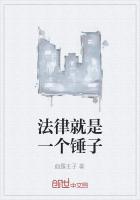If now in considering the course of history we detach the ideas of the ruling class from the ruling class itself and attribute to them an independent existence, if we confine ourselves to saying that these or those ideas were dominant at a given time, without bothering ourselves about the conditions of production and the producers of these ideas, if we thus ignore the individuals and world conditions which are the source of the ideas, we can say, for instance, that during the time that the aristocracy was dominant, the concepts honour, loyalty, etc. were dominant, during the dominance of the bourgeoisie the concepts freedom, equality, etc. The ruling class itself on the whole Imagines this to be so. This conception of history, which is common to all historians, particularly since the eighteenth century, will necessarily come up against the phenomenon that increasingly abstract ideas hold sway, i.e. ideas which increasingly take on the form of universality. For each new class which puts itself in the place of one ruling before it, is compelled, merely in order to carry through its aim, to represent its interest as the common interest of all the members of society, that is, expressed in ideal form: it has to give its ideas the form of universality, and represent them as the only rational, universally valid ones. The class making a revolution appears from the very start, if only because it is opposed to a class, not as a class but as the representative of the whole of society; it appears as the whole mass of society confronting the one ruling class. [2] It can do this because, to start with, its interest really is more connected with the common interest of all other non-ruling classes, because under the pressure of hitherto existing conditions its interest has not yet been able to develop as the particular interest of a particular class. Its victory, therefore, benefits also many individuals of the other classes which are not winning a dominant position, but only insofar as it now puts these individuals in a position to raise themselves into the ruling class. When the French bourgeoisie overthrew the power of the aristocracy, it thereby made it possible for many proletarians to raise themselves above the proletariat, but only insofar as they become bourgeois. Every new class, therefore, achieves its hegemony only on a broader basis than that of the class ruling previously, whereas the opposition of the non-ruling class against the new ruling class later develops all the more sharply and profoundly. Both these things determine the fact that the struggle to be waged against this new ruling class, in its turn, aims at a more decided and radical negation of the previous conditions of society than could all previous classes which sought to rule.
[2][Marginal note by Marx:] Universality corresponds to (1) the class versus the estate, (2) the competition, world-wide intercourse, etc., (3) the great numerical strength of the ruling class, (4) the illusion of the common interests (in the beginning this illusion is true), (5) the delusion of the ideologists and the division of labour.
This whole semblance, that the rule of a certain class is only the rule of certain ideas, comes to a natural end, of course, as soon as class rule in general ceases to be the form in which society is organised, that is to say, as soon as it is no longer necessary to represent a particular interest as general or the "general interest" as ruling.
Once the ruling ideas have been separated from the ruling individuals and, above all, from the relationships which result from a given stage of the mode of production, and in this way the conclusion has been reached that history is always under the sway of ideas, it is very easy to abstract from these various ideas "the idea", the notion, etc. as the dominant force in history, and thus to understand all these separate ideas and concepts as "forms of self-determination" on the part of the concept developing in history. It follows then naturally, too, that all the relationships of men can be derived from the concept of man, man as conceived, the essence of man, Man. This has been done by the speculative philosophers. Hegel himself confesses at the end of the Geschichtsphilosophie that he "has considered the progress of the concept only" and has represented in history the "true theodicy". (p.446.) Now one can go back again to the producers of the "concept", to the theorists, ideologists and philosophers, and one comes then to the conclusion that the philosophers, the thinkers as such, have at all times been dominant in history: a conclusion, as we see, already expressed by Hegel. The whole trick of proving the hegemony of the spirit in history (hierarchy Stirner calls it) is thus confirmed to the following three efforts.
No. 1. One must separate the ideas of those ruling for empirical reasons, under empirical conditions and as empirical individuals, from these actual rulers, and thus recognise the rule of ideas or illusions in history.
No. 2. One must bring an order into this rule of ideas, prove a mystical connection among the successive ruling ideas, which is managed by understanding them as "acts of self-determination on the part of the concept" (this is possible because by virtue of their empirical basis these ideas are really connected with one another and because, conceived as mere ideas, they become self-distinctions, distinctions made by thought).
No. 3. To remove the mystical appearance of this "self-determining concept" it is changed into a person -- "Self-Consciousness" -- or, to appear thoroughly materialistic, into a series of persons, who represent the "concept" in history, into the "thinkers", the "philosophers", the ideologists, who again are understood as the manufacturers of history, as the "council of guardians", as the rulers. Thus the whole body of materialistic elements has been removed from history and now full rein can be given to the speculative steed.
Whilst in ordinary life every shopkeeper is very well able to distinguish between what somebody professes to be and what he really is, our historians have not yet won even this trivial insight. They take every epoch at its word and believe that everything it says and imagines about itself is true.
This historical method which reigned in Germany, and especially the reason why, must be understood from its connection with the illusion of ideologists in general, e.g. the illusions of the jurist, politicians (of the practical statesmen among them, too), from the dogmatic dreamings and distortions of these fellows; this is explained perfectly easily from their practical position in life, their job, and the division of labour.

